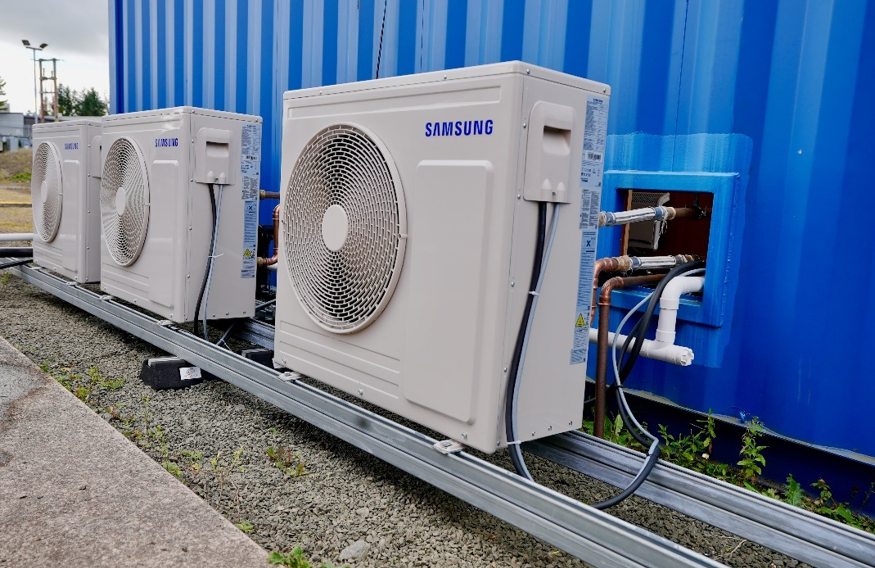Virgin Atlantic’s flight on Sustainable Aviation Fuel (SAF) will take off from London Heathrow to New York JFK, marking a significant solution to the decarbonisation of long-haul aviation.
The fuel, made from waste products, delivers CO2 lifecycle emissions savings of up to 70 per cent, whilst performing like the traditional jet fuel it replaces.
As well as proving the capabilities of SAF, Virgin’s Flight100 will assess how its use affects the flight’s non-carbon emissions with the support of consortium partners ICF, Rocky Mountain Institute (RMI), Imperial College London and University of Sheffield. The research will improve scientific understanding of the effects of SAF on contrails and particulates and help to implement contrail forecasts in the flight planning process. Data and research will be shared with industry, and Virgin Atlantic will continue its involvement with contrail work through RMI’s Climate Impact Task Force, which is part-funded by Virgin Unite.
The SAF used on Flight100 is a dual blend; 88 per cent HEFA (Hydroprocessed Esters and Fatty Acids) supplied by AirBP and made from waste fats and 12 per cent SAK (Synthetic Aromatic Kerosene) supplied by Virent and made from plant sugars.
Should SAF prove satisfactory, then production will need to be dramatically increased. Shai Weiss, CEO Virgin Atlantic said: “There’s simply not enough SAF and it’s clear that in order to reach production at scale, we need to see significantly more investment. This will only happen when regulatory certainty and price support mechanisms, backed by Government, are in place. Flight100 proves that if you make it, we’ll fly it.”
© 2019 Perspective Publishing Privacy & Cookies







Recent Stories